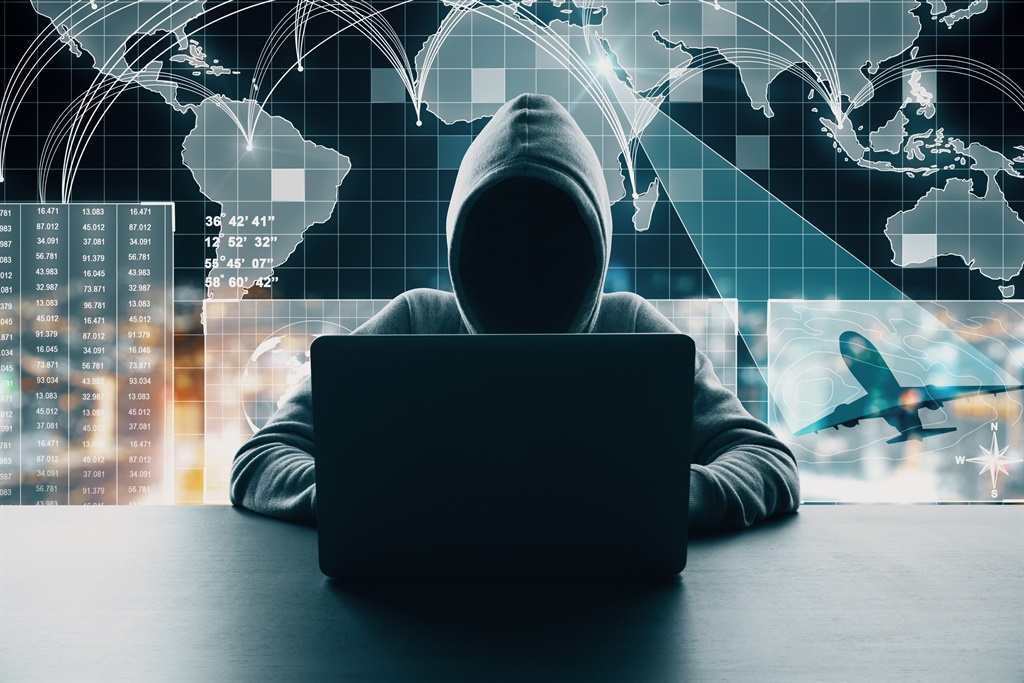Don't Let Cybercriminals Work From Home: Protecting Your Business in the Age of Remote Work!

The COVID-19 pandemic has changed the way we work and live. Many organizations have shifted to remote work arrangements, allowing employees to work from home or anywhere else. While this has many benefits, such as flexibility, productivity, and cost savings, it also exposes both individuals and businesses to a range of cybersecurity risks.
Cybercriminals are taking advantage of the new opportunities created by the expanded "attack surfaces" that come with remote work. They are launching more cyberattacks, targeting weakly protected devices and networks, exploiting human distraction and error, and using phishing and malware to steal data and money.
As a cybersecurity student, I have learned that protecting your business in the age of remote work requires more than just installing antivirus software and using strong passwords. It requires a comprehensive and proactive approach that covers people, processes, and technology. In this blog post, I will share some of the best practices for cybersecurity for remote work that I have learned from my studies and research. These include:
Using a VPN (Virtual Private Network) to secure your internet connection
Encrypting your data and backing it up regularly
Employing two-factor authentication for your online accounts
Deploying firewalls and other security tools on your devices
Educating yourself and your employees on how to spot and avoid phishing scams
Verifying the security posture of your business partners and third parties
Reviewing and updating your cybersecurity policies and procedures
By following these tips, you can reduce the chances of falling victim to cyberattacks and keep your business running smoothly in a remote work environment. Remember, cybersecurity is not only a technical issue but also a business issue. Don't let cybercriminals work from home at your expense!

Sure, I can write more about VPNs. Here is a possible paragraph for the blog:
A VPN, or Virtual Private Network, is a service that allows you to connect to the internet through a secure and private network. A VPN can hide your IP address and protect your personal data from hackers and cybercriminals¹. A VPN works by encrypting your internet traffic and routing it through a remote server run by your VPN provider². This way, your online identity and activity are disguised and your data is safe from prying eyes. A VPN can also help you access region-restricted websites and content by changing your apparent location². For example, if you want to watch a show that is only available on Netflix in the UK, you can use a VPN to connect to a server in the UK and enjoy the show. A VPN is especially useful when you are working remotely and using public Wi-Fi networks, which are often unsecured and vulnerable to attacks³. By using a VPN, you can ensure that your connection is encrypted and your business data is protected.
Conclusion
In conclusion, cybersecurity for remote work is a crucial issue that requires attention and action from both employers and employees. By following the best practices outlined in this blog post, you can reduce the risks of cyberattacks and keep your business data and personal information safe and secure. A VPN is one of the most effective tools for enhancing your online privacy and security, as it can hide your IP address, encrypt your data, and access region-restricted content. However, a VPN is not a magic bullet that can solve all your cybersecurity problems. You still need to use common sense and vigilance when working remotely, such as avoiding phishing emails, using strong passwords, and updating your software. Remember, cybersecurity is not only a technical issue but also a business issue. Don't let cybercriminals work from home at your expense!